Robin Good: I think Sam Gliksman has a vital point here.
The point is this: there is no better way to learn something than to research, organize and build a personal framework of information, facts, resources, tools and stories around it.
And yes, if I do think about it, I can only confirm that my in my experience this has certainly been the case.
Rather than learn by memorizing and going through a predetermined path that someone else has arbitrarily set for me (and thousands of others), by curating my own learning path and curriculum, I am forced to dive into discovery and sense-making for the very start, two essential ingredients for effective learning.
The change is evident: from passive memorization of predetermined info, to personal exploration, discovery and sense-making of what I am interested in pursuing.
With such an approach, the replacement of classic teachers with curators who can act as guides, coaches and wise advisors to my exploratory wanderings may be vital to the success of many learners.
Curation can therefore be a revolutionary concept applicable both to learners and their approach as well as to the new "teachers" who need to become trusted guides in specific areas of interest.
Here's the text excerpt from this article, that sparked in me these ideas:
"Reliance on any type of course textbook – digital, multimedia, interactive or otherwise – only fits as a more marginal element in student-centered learning models.
It’s not the nature of the textbook as much as its reverence in the classroom as “the” singular authority for learning.
Lifelong learners need to be skilled in finding, filtering, collating, evaluating, collaborating, editing, analyzing and utilizing information from a multitude of sources.
Instead we could prioritize “content construction”. Textbooks are an important gateway - a starting point from which students can learn and then begin their exploration of information on any topic (although even on that point I feel we should encourage the “critical reading” of textbooks).
However the days when students could responsibly rely on any textbook as a singular information source are gone.
Also, the process of accessing, synthesizing and utilizing information is often as important as the product.
The skills developed are an essential component of education and life today.
We have access to an exponentially growing amount of information to process and apply [and] there are many excellent tools we can all use to help in constructing and organizing that content."
Insightful. Informative. 8/10
Full original article: http://ipadeducators.ning.com/profiles/blogs/supplementing-textbooks ;
Via Robin Good, Susan McClements



 Your new post is loading...
Your new post is loading...



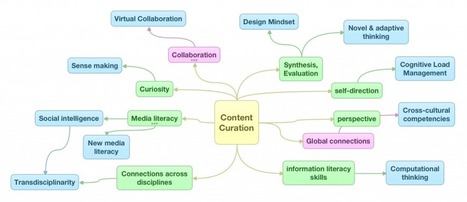




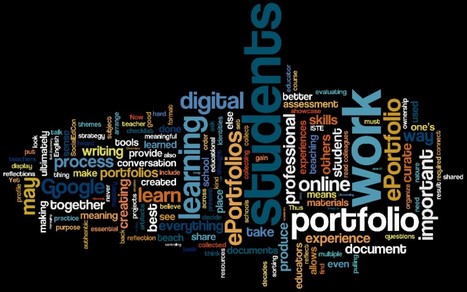

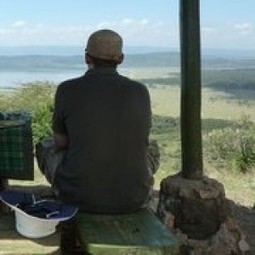





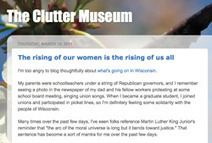
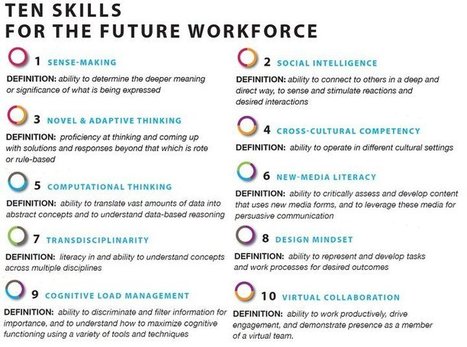






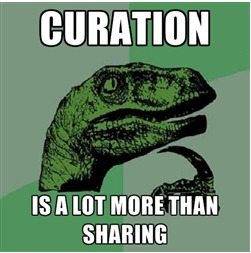
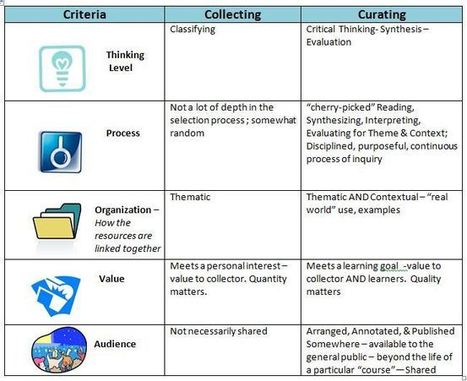







Not to mention that it's the first step towards research as well.